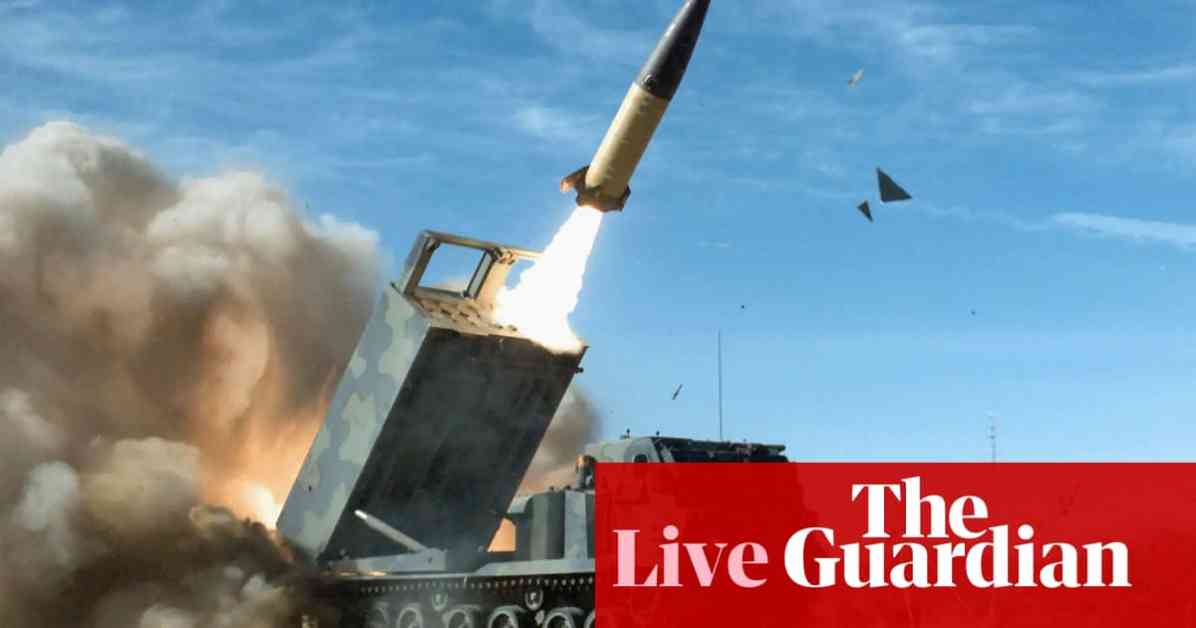Russia’s foreign minister, Sergey Lavrov, has raised concerns about the use of US-made Atacms missiles in a Ukrainian attack on Bryansk, indicating that this move is seen as a signal by the west to escalate the conflict. Lavrov emphasized that the involvement of high-tech missiles like Atacms would not be possible without American support. This action has sparked discussions about the potential for NATO countries, the US, and European nations getting directly involved in the war in Ukraine.
In a related development, US and Ukrainian officials have confirmed the use of US-made Atacms missiles in the attack on Russia. This marks the first instance of such missiles being fired into Russian territory during the ongoing conflict. The decision to permit the use of these missiles came from the Biden administration and has been seen as a significant shift in the dynamics of the conflict. Russia, on the other hand, has responded by lowering its threshold for a potential nuclear response to such attacks, raising concerns about the escalation of tensions.
The use of non-nuclear missiles by Ukraine against Russia has also prompted reactions from various quarters. Lavrov has warned that such actions could lead to a nuclear response from Russia, highlighting the potential dangers of further escalation. Meanwhile, the European foreign ministers have issued a joint statement expressing support for Ukraine and emphasizing the need for a strong and united NATO to counter threats from Russia. This statement underscores the growing concerns about Russia’s aggressive actions in the region.
The situation in Ukraine has also drawn attention from global leaders, with UK Prime Minister Keir Starmer reaffirming support for Ukraine and calling for increased military and financial assistance. The UK has committed substantial resources to aid Ukraine in its fight against Russian aggression. Additionally, the IMF has reached an agreement with Ukrainian authorities to provide financial support to the country, further bolstering its ability to withstand the ongoing conflict.
As Ukraine marks 1,000 days since Russia’s invasion, President Volodymyr Zelenskyy has delivered impassioned speeches calling for continued international support. Zelenskyy has rejected proposals for territorial concessions and frozen conflicts, emphasizing Ukraine’s sovereignty and security. He has also criticized delays in military support from European nations, urging swift action to counter Russian aggression.
In conclusion, the recent developments in the Russia-Ukraine conflict highlight the escalating tensions and the need for diplomatic efforts to prevent further escalation. The use of advanced weaponry, shifting nuclear doctrines, and increased military support underscore the complex challenges facing Ukraine and the broader European security landscape. As the conflict continues to unfold, international cooperation and support will be crucial in resolving the crisis and ensuring stability in the region.












